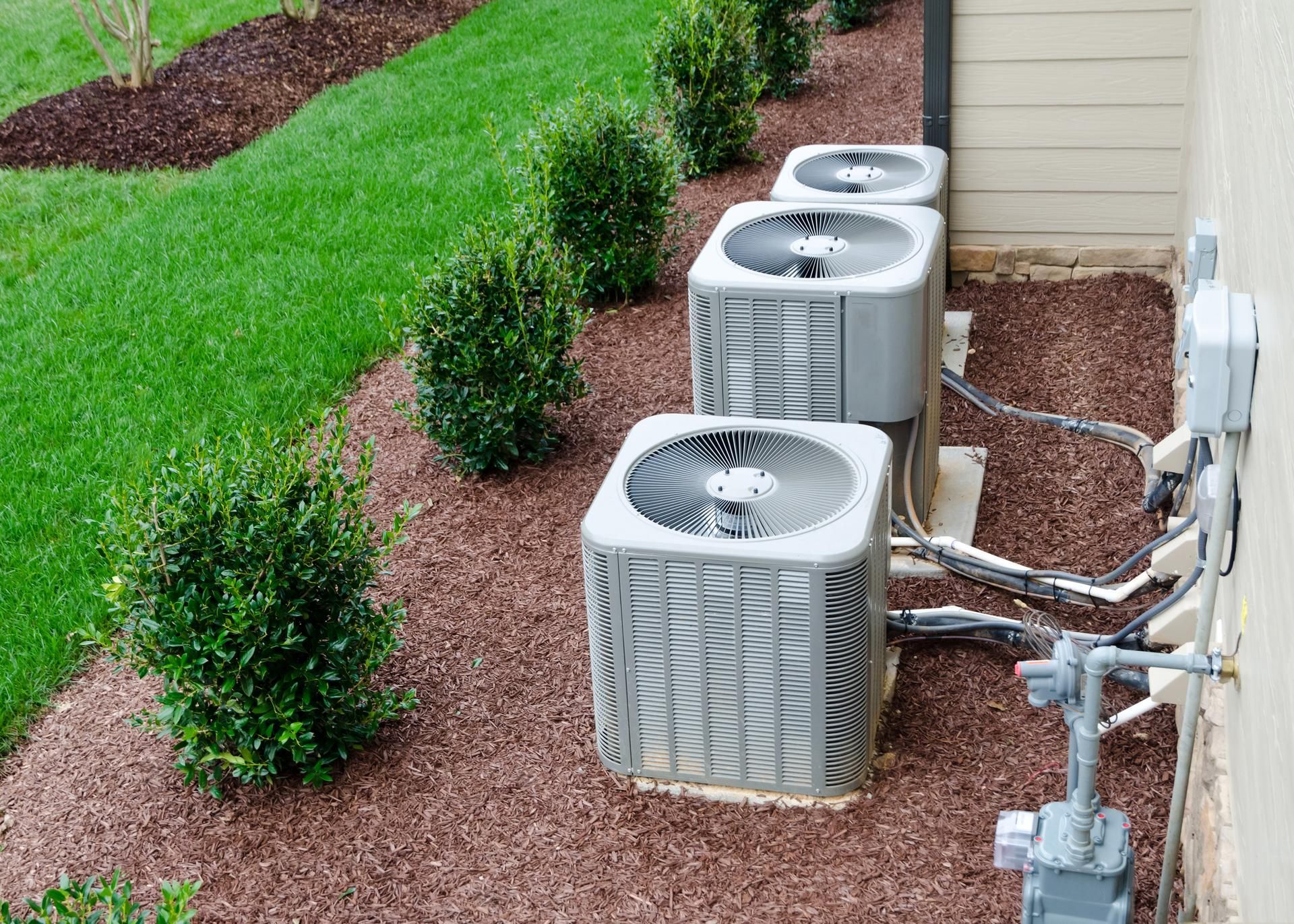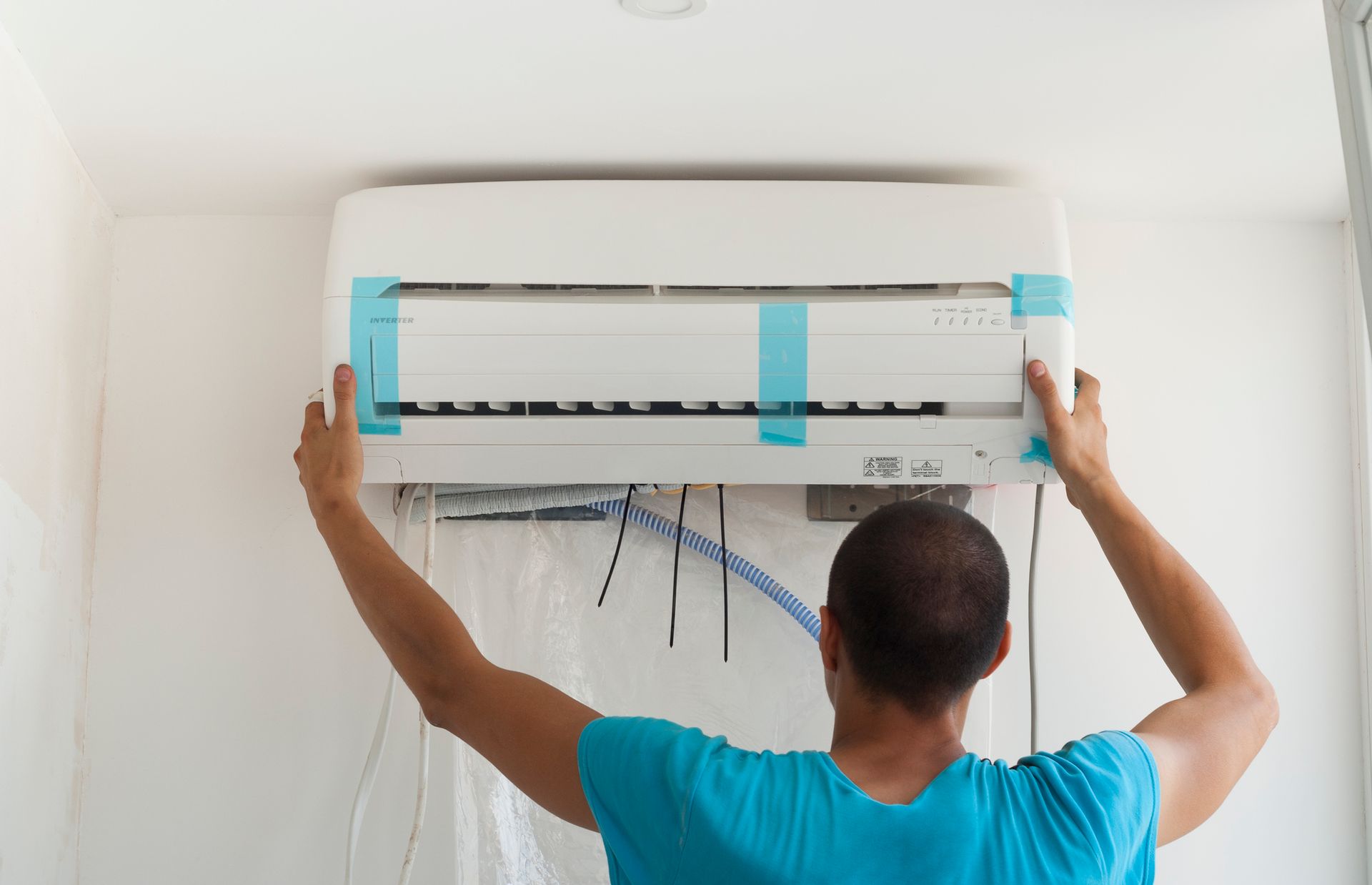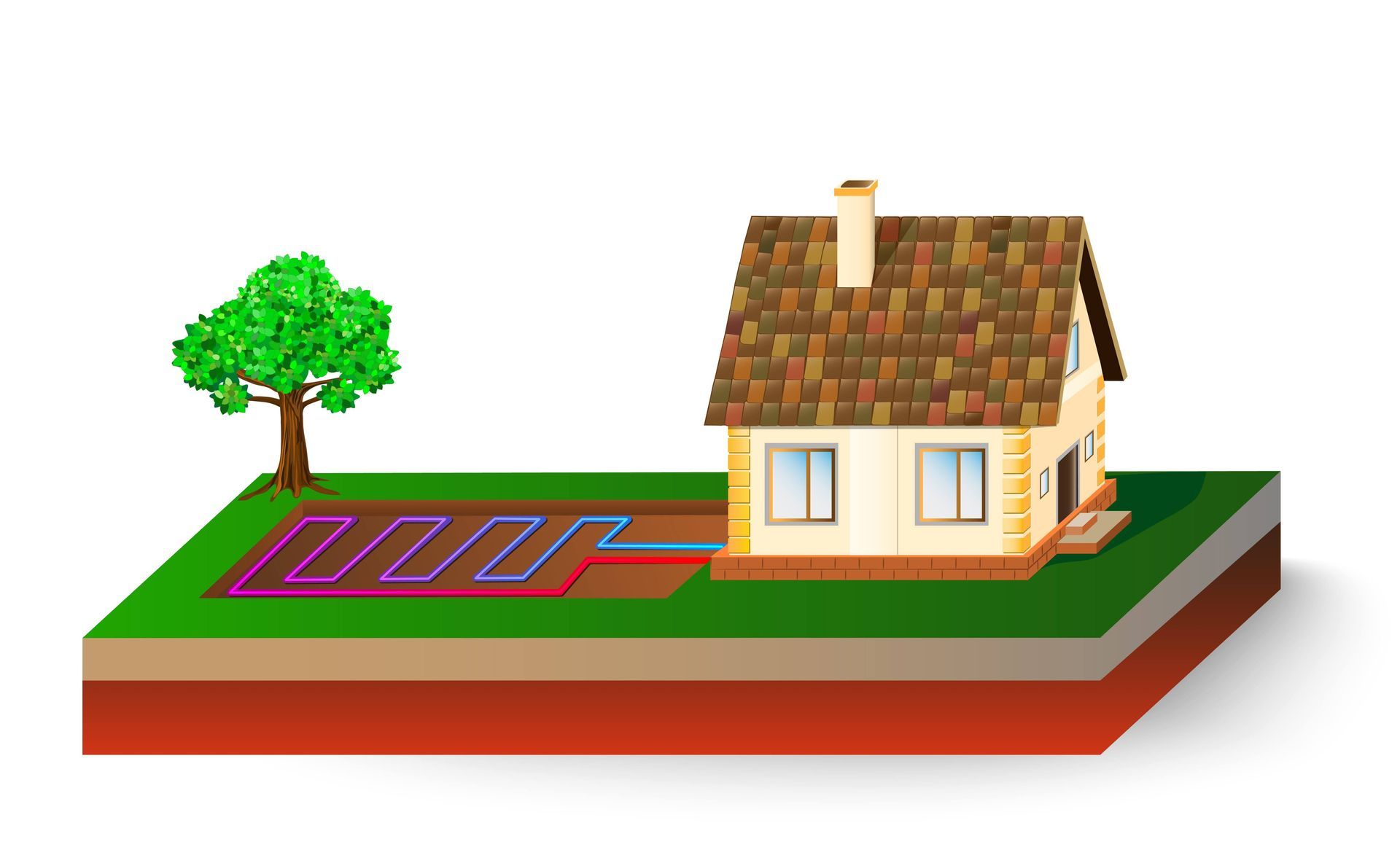Tips for Extending the Lifespan of Your Ductless AC System
In the sometimes sweltering, often muggy days of summer, a reliable and effective air conditioning system is not just a luxury but a necessity. Ductless air conditioning, with its compact design and efficient performance, has become increasingly popular. Whether you've recently installed a ductless system or have enjoyed its comfort for years, understanding how to care for it is crucial.
Understanding Your Ductless AC
Ductless AC systems, commonly referred to as mini-split systems, comprise an outdoor unit and an indoor unit linked by a compact refrigerant line. Unlike traditional central air, they don’t require ductwork, making them a flexible and often cost-effective cooling solution. The indoor unit disperses the conditioned air, usually mounted on a wall, while the outdoor unit, analogous to the compressor in traditional ACs, releases heat from inside your home. Understanding your system and its components helps you perform the right maintenance tasks.
The Importance of Regular Maintenance
Regular maintenance is like a health check-up for your system; it prevents potential issues from becoming major headaches. Routine care can keep your system running efficiently, effectively, and perhaps most importantly, quietly for many summers. Neglecting maintenance may result in poor air quality, higher energy bills, and, worst of all, a need for a premature replacement. Think of maintaining your ductless AC as ensuring your comfort and the longevity of your investment.
The Maintenance Routine
Cleaning the Air Filters
The first — and arguably most important — maintenance task is cleaning the air filters. Clean filters improve air quality and prevent the internal components from accumulating dust and debris, which can obstruct airflow and reduce efficiency. To clean the filters, switch off the unit, remove the filters, and rinse them gently in warm, soapy water. Allow them to dry completely before reinstallation. If the filters are notably damaged or worn, it's time to get them replaced.
Checking the Outdoor Unit
The outdoor unit, typically located on a wall bracket or the ground, is subjected to the elements, which can lead to build-up on the coil. Ensuring this unit has proper clearance from any obstructions will help maintain good airflow. Inspect it regularly for leaves or debris that have been collected around the unit. Use a gentle spray of water to clear off the coil, being careful not to apply too much pressure, which could damage the coil’s fins.
Cleaning the Coils
The coils on both the indoor and outdoor units play a vital role in the heat exchange process. Over time, they can collect dust and dirt, affecting heat transfer and efficiency. It's best to clean these coils annually. For the indoor unit, you may need to remove the cover and use a soft brush or a can of compressed air to clean the evaporator coil. For the outdoor unit, as mentioned above, a gentle wash with water should suffice. Again, proper care is key; you don't want to bend or damage the fins while cleaning.
Drain Line Cleaning
Condensation is a natural byproduct of your AC's operation. The drain line removes this excess moisture. However, it can sometimes become clogged with algae and debris. To prevent blockages, you should flush the drain line every few months with distilled vinegar. This not only clears the line but also helps to prevent future algae growth. A mix of equal parts vinegar and water can be timely preventive care, easily preventing bigger issues.
Professional Inspections
While most maintenance tasks can be accomplished by the diligent homeowner, some — like checking refrigerant levels and electrical connections — require professional expertise. A professional will also check for leaks and make sure your unit is operating within the manufacturer’s specifications. This maintenance is not just preventative; it can be mandatory to maintain your warranty coverage.
Environmental Considerations
In addition to regular maintenance, there are some environmental practices you can adopt to reduce wear and tear on your ductless AC system. For example, installing shades or blinds on windows can reduce the amount of heat entering your home, which means your AC doesn’t have to work as hard. You can also utilize zone control features, which are common on many ductless systems, to only cool spaces that are being used.
Troubleshooting and Repair
Even with the best maintenance, issues can still occur. Some common signs of a problem include strange noises, such as grinding or squealing, odd odors from the unit, inconsistent cooling, or unusually high energy bills. If you notice any of these signs, it's time to troubleshoot or call in a professional. The key is to not ignore these symptoms, as doing so can lead to a more expensive repair or a system failure. Keeping detailed records of your maintenance activities can help technicians diagnose issues more efficiently. They appreciate having a history of the care and attention that your system has received.
By implementing these handy tips for your ductless AC, you're not just ensuring a cooler and cleaner atmosphere — you're investing in the longevity of your comfort and your system's performance.
Contact us to learn more.

- Mon - Fri
- -
- Sat - Sun
- Closed
| 24 hr Emergency Service Available |











